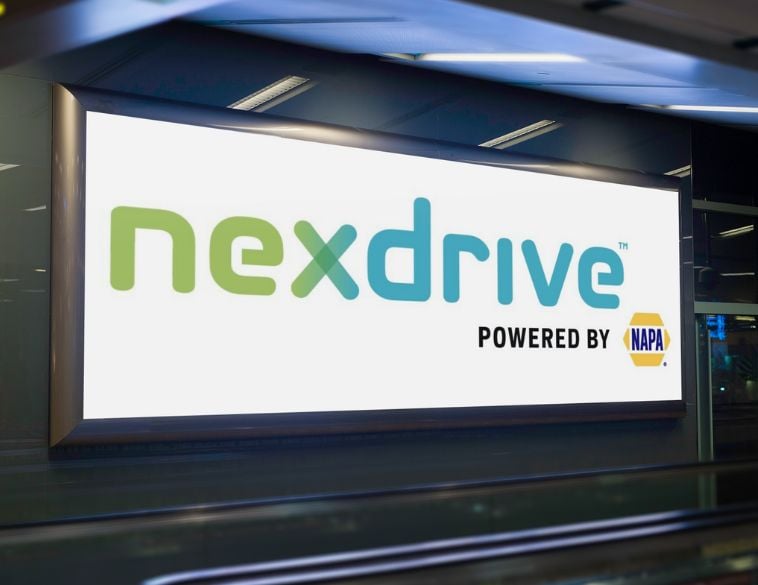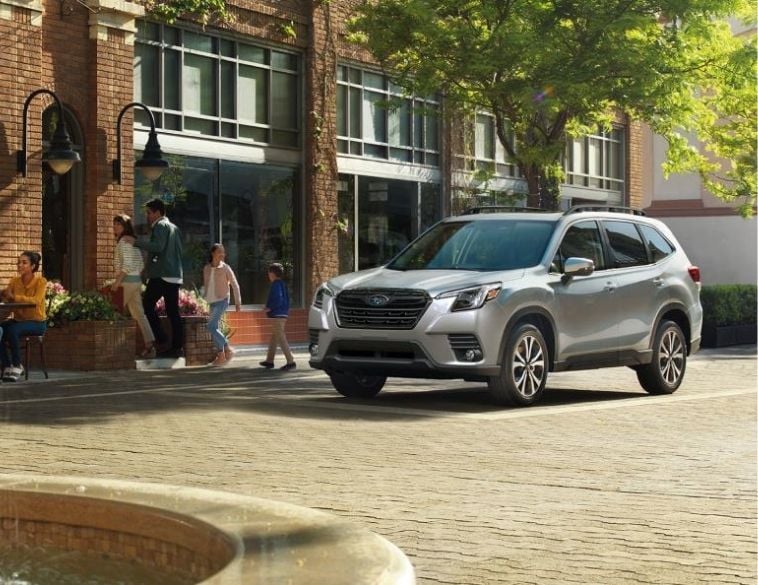Now is the perfect time for dealers to start addressing their reputation.
That statement may seem unreasonable, given the current shortage of vehicles on most dealers’ lots.
You may even ask, “Why would my reputation be important right now when customers have fewer options to choose from?” The answer is because things will inevitably change and opportunity is knocking.
The inventory shortage is creating a need to have a solid reputation. When consumers realize vehicles simply cost more right now, they are not shy about driving 100-200 miles to someone who they believe values them as a client.
Look at things from the customer’s perspective
Trying to buy a car right now is not an easy task. You can’t find what you’re looking for because no one has the make and model you want. Or, if you’re one of the lucky people to locate your desired vehicle, you may have to drive long distances or pay more than you expect to get it.
The shortage of supply has increased the frustration that comes with purchasing a vehicle and, for many, that process was already a source of friction. It’s a major, stress-inducing, financial decision that most people don’t take lightly. It’s not like running down to the store to buy a carton of milk.
When dealing with a customer, every action one of your employees takes impacts how the customer feels about the experience–positively or negatively.
Make a customer wait longer than they want and the impact is a negative one; conversely, offer a convenient way to interact to speed up the process and the impact is positive, or at least indifferent.

Your reputation is an asset
As a business, dealers can control what customers see and experience, but they cannot control the opinions those customers form, and ultimately share. All the business can do is try to manage its reputation. To do that, it needs to view that reputation not as a tedious chore, but as an asset.
When you look at your reputation as an asset and treat it as capital, you begin to see its importance and understand what you can do about it.
Clearly, reputation has no physical form. Unlike the building your showroom is in or the vehicles on your lot, it’s intangible. So while we discuss reputation capital, understand that it’s comprised of several pieces that you can’t see or touch.
Your reputation capital consists of ratings and reviews, the brand image of the vehicle and the dealership, the perceived value customers have of the vehicles and services you sell, and the trust they have in your dealership.
The goal is to get to the point where you understand that reputation capital has an outsized impact on financial capital. At the end of the day, if people do not trust you, they will not buy from you. And if they do, they will be the most painful, low-gross customers to deal with.
That is why managing your reputation capital is so important. It’s the lifeblood of the dealership that plays a massive role in how much money you make. And yet, many dealers underappreciate its impact.
Now is the time
The current shortage of vehicles is providing dealerships with a lot of positive opportunities, making large profits is only one.
Right now, more than any time in recent history, the situation has caused a perfect storm where those in the industry can choose to seize the day or let it slip through their fingers.
Because when this short window closes, and you haven’t addressed your reputation, either the damage will have been done or your competitors will have taken the steps you didn’t.
You may find yourself looking out at the changing landscape and realize you’re not in the position you really want to be in after all.
Travis Hafer was awarded the prestigious R.H. Grant Award in 2021 and is the U.S. Southeast Regional Sales Director for Naked Lime Marketing, which offers a complete range of dealership marketing and advertising services.



